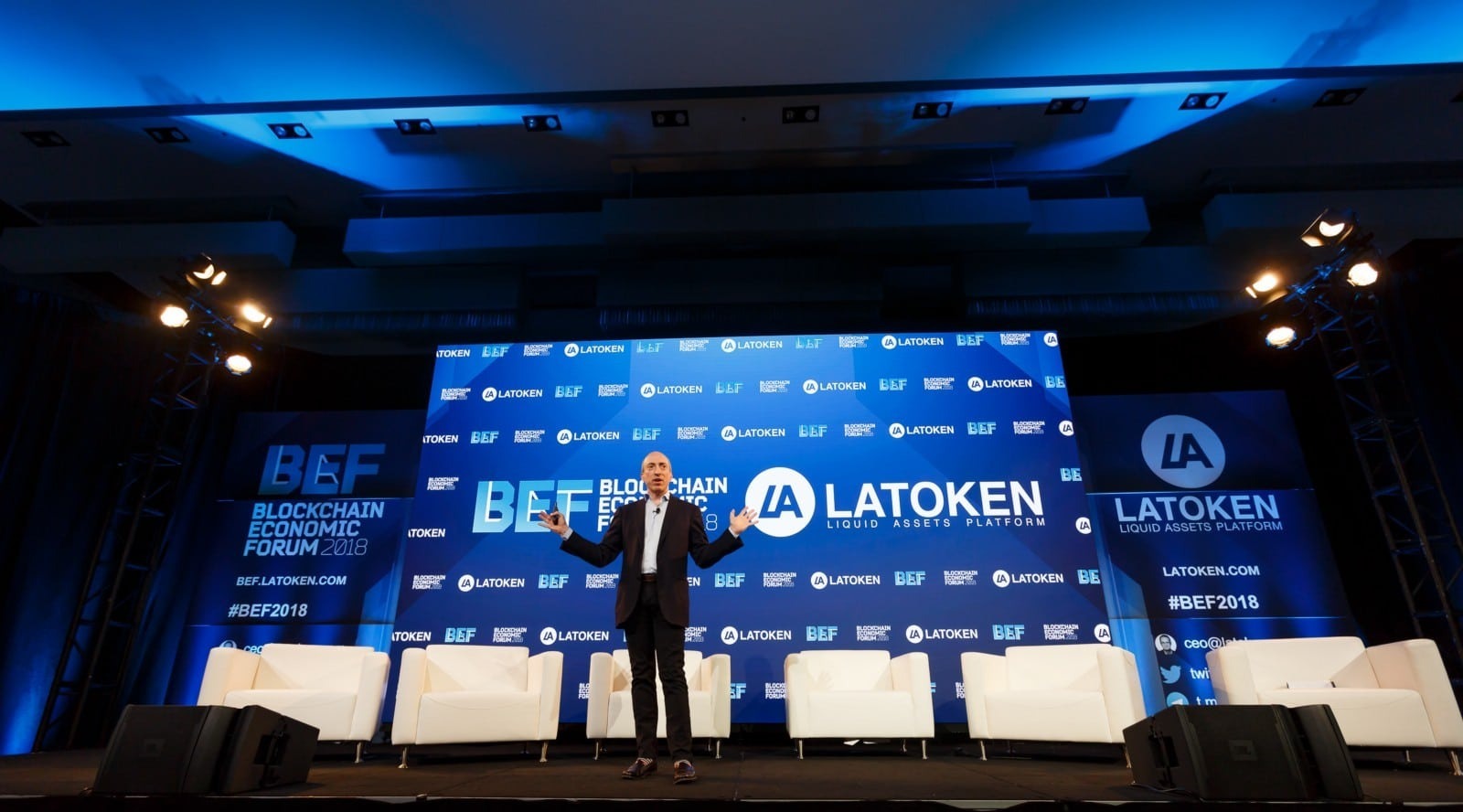Artificial intelligence (AI) may play a key role in a future financial crisis, Gary Gensler, the Chair of the US Securities and Exchange Commission (SEC) said. Gensler pointed out that recent advancements in AI could be harmful to the global economy if a single or a small group of big tech companies dominate the space.
Gensler on AI and Financial Stability
Gensler stated this today (Monday) in a remark prepared to be delivered at the National Press Club in Washington. Although the SEC Chair noted that AI has the potential to foster greater financial inclusion and enhance user experience in the financial industry, he added that the technology could “play a central role in the after-action reports of a future financial crisis.”
“AI may heighten financial fragility as it could promote herding with individual actors making similar decisions because they are getting the same signal from a base model or data aggregator,” Gensler explained. “This could encourage monocultures. It also could exacerbate the inherent network interconnectedness of the global financial system.”
Gensler’s remarks come as the recent launch of the chatbots ChatGPT by OpenAI and Bard by Google has led to a renewed interest in AI adoption. Gensler pointed out that while the SEC is ‘technology neutral’, the agency is focusing on ‘the outcomes, rather than the tool itself’.
The SEC Eyes Regulation of AI in the Brokerage Industry
According to Gensler, AI is already being deployed in the financial industry to run call centres, account opening procedures, compliance programmes and trading algorithms. The technology has also “fuelled a rapid change in the field of robo-advisers and brokerage apps,” the SEC boss added.
However, Gensler believes that a conflict of interest may arise when AI systems are designed to take the interest of both an organization and its customers into consideration. Earlier this month, the securities watchdog made a move towards introducing new rules for brokerages deploying AI to interact with their clients.
Specifically, the SEC’s Division of Trading and Markets is looking into whether the agency should introduce rules “related to broker-dealer conflicts in the use of predictive data analytics, artificial intelligence, machine learning , and similar technologies in connection with certain investor interactions,” according to information on the website of the United States Office of Information and Regulatory Affairs (OIRA).
The SEC started talks on the proposed rules as far back as September 2021 and expects that new rules could be introduced as soon as October this year.
“As advisers and brokers incorporate these technologies in their services, the advice and recommendations they offer — whether or not based on AI — must be in the best interests of the clients and retail customers and not place their interests ahead of investors’ interests,” Gensler noted in the remark.
Gensler Expresses Mixed Feelings on Ripple Ruling
Last Thursday, after years of a lengthy legal battle between the SEC and Ripple , a US court in the southern district of New York ruled that the digital asset firm’s sale of XRP tokens to retail investors did not violate US federal securities law. However, the judgment, which experts consider a ‘partial victory’ for Ripple, found the sale of the token to institutional investors to be illegal.
On Monday, Gensler commented publicly on the judgment for the first time, noting that he was both ‘pleased’ and ‘disappointed’. The SEC's boss in an interview with yahoo! finance expressed satisfaction with part of the ruling that related to institutional investors as well as displeasure with other concerning retail clients.
LSEG's FX Head of Sales departs; CNMV warns against illegal firms; read our latest news nuggets.


















